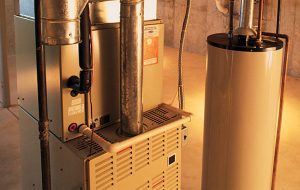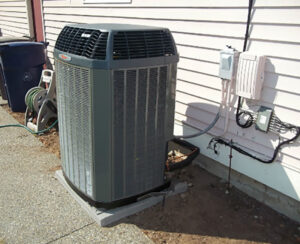We talk a lot on this blog about the power of knowledge when it comes to personal energy consumption in the home. This knowledge is not only important for ways to potentially save energy, but also knowing how much energy you’re using in general. There are some tools that can be used to help you get a basic idea of this amount, as well as help you compare your energy usage month-to-month to track your habits over the course of the year. One such tool, developed by the U.S. Department of Energy’s Lawrence Berkeley National Laboratory (Berkeley Lab), is called the Home Energy Saver.
While not the most accurate of energy measurement tools, the Home Energy Saver is a good option when it comes to general level online insights into energy consumption in one’s home. This tool brings “advanced building simulation software” to users to help them identify ways to maximize their home energy efficiency. Much of this information is based on home factors such as size, age and geographic location. The LBNL has made updates to the tool since it was introduced a few years ago as well to help with accuracy.
An example of the information this online tool provides consumers would be determining approximately how much money a homeowner could save by having new insulation installed in his or her attic. The software also tells consumers the energy use, bills, or energy-related carbon dioxide emissions for that area’s typical house, and a comparable energy-efficient house. This gives a consumer a directional idea of the impact efficiency upgrades can make in overall consumption in the home.
Home Energy Saver breaks out the set of improvements by the home’s major energy-using systems: space heating and cooling, water heating, lighting, major appliances, and other ‘miscellaneous’ appliances that are an increasingly important factor in residential energy bills.
While this is certainly a convenient way for consumers to start getting an idea of upgrades and general energy improvements they can make to their homes, it’s important to note again that results from the tool shouldn’t necessarily be used in the final decision making process for a homeowner contemplating efficiency work. It’s important to speak with qualified and trained professionals, like the ones at BelRed, to execute a home energy audit and improvement recommendation that is very specific to that particular home. However, tools like these provide consumers with a “first look” into energy efficiency shortfalls they may be experiencing in their home.
If you’d like a more in-depth look at your energy consumption, contact our team today.







